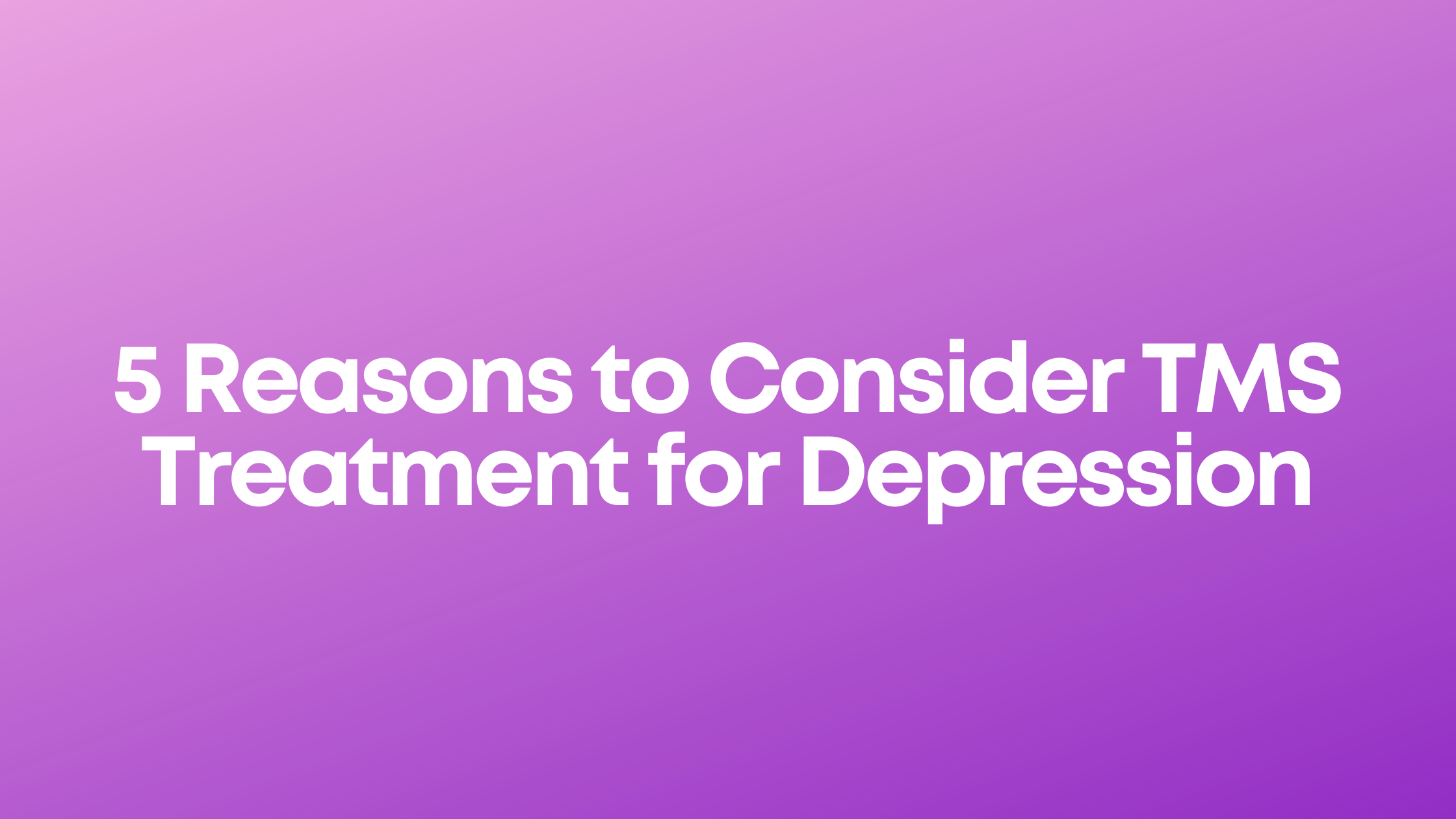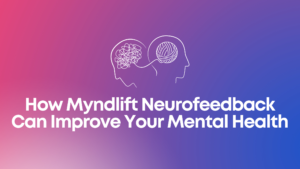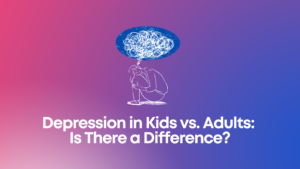TMS Treatment for Depression:Transcranial Magnetic Stimulation (TMS) is a non-invasive and innovative treatment option for depression that has been gaining popularity in recent years. It uses magnetic fields to stimulate nerve cells in the brain, helping to alleviate depressive symptoms. While TMS may not be suitable for everyone, there are several compelling reasons why you might want to consider it as a potential treatment for depression.
1. Non-invasive and Drug-free
One of the main advantages of TMS is its non-invasive nature. Unlike other treatments such as electroconvulsive therapy (ECT) or deep brain stimulation (DBS), TMS does not require any surgery or anesthesia. Patients remain awake during the procedure, which typically takes around 20-40 minutes per session. Additionally, TMS is drug-free, making it an appealing option for individuals who have experienced side effects or have not responded well to traditional antidepressant medications.
2. Fewer Side Effects
TMS generally has fewer side effects compared to traditional antidepressant medications and other treatment options like ECT. Some patients may experience mild discomfort or headaches during the initial sessions, but these side effects usually subside over time. Moreover, TMS does not have the systemic side effects associated with medications, such as weight gain, sexual dysfunction, or drowsiness.
3. High Success Rates
TMS has shown promising results in numerous clinical trials, with many patients experiencing significant improvements in their depressive symptoms. Studies have reported response rates of 45-60%, and remission rates of 30-40%. This makes TMS an effective alternative for patients who have not found relief with other treatment methods, or who have treatment-resistant depression.
4. Long-lasting Effects
The positive effects of TMS can be long-lasting, providing patients with relief from their depressive symptoms for months or even years after the treatment. It is important to note that the duration of the effects can vary from person to person, and some individuals may require maintenance sessions to sustain their improvements. However, the potential for enduring relief is a significant advantage of TMS compared to other treatments that may require ongoing medication or more invasive procedures.
5. Covered by Insurance
As TMS has become more recognized as a viable treatment option for depression, an increasing number of insurance providers are now covering the cost of the procedure. This makes TMS more accessible to patients who may not have been able to afford it previously. It is important to check with your insurance provider to determine your coverage for TMS therapy.
TMS offers a non-invasive, drug-free, and effective treatment option for individuals suffering from depression. With fewer side effects, high success rates, long-lasting effects, and growing insurance coverage, TMS is worth considering for those who have not found relief through traditional methods. To determine if TMS is the right treatment option for your specific needs, get in touch with PsyFi TMS at info@psyfitms.com, where experienced professionals can guide you on your journey to mental wellness.




